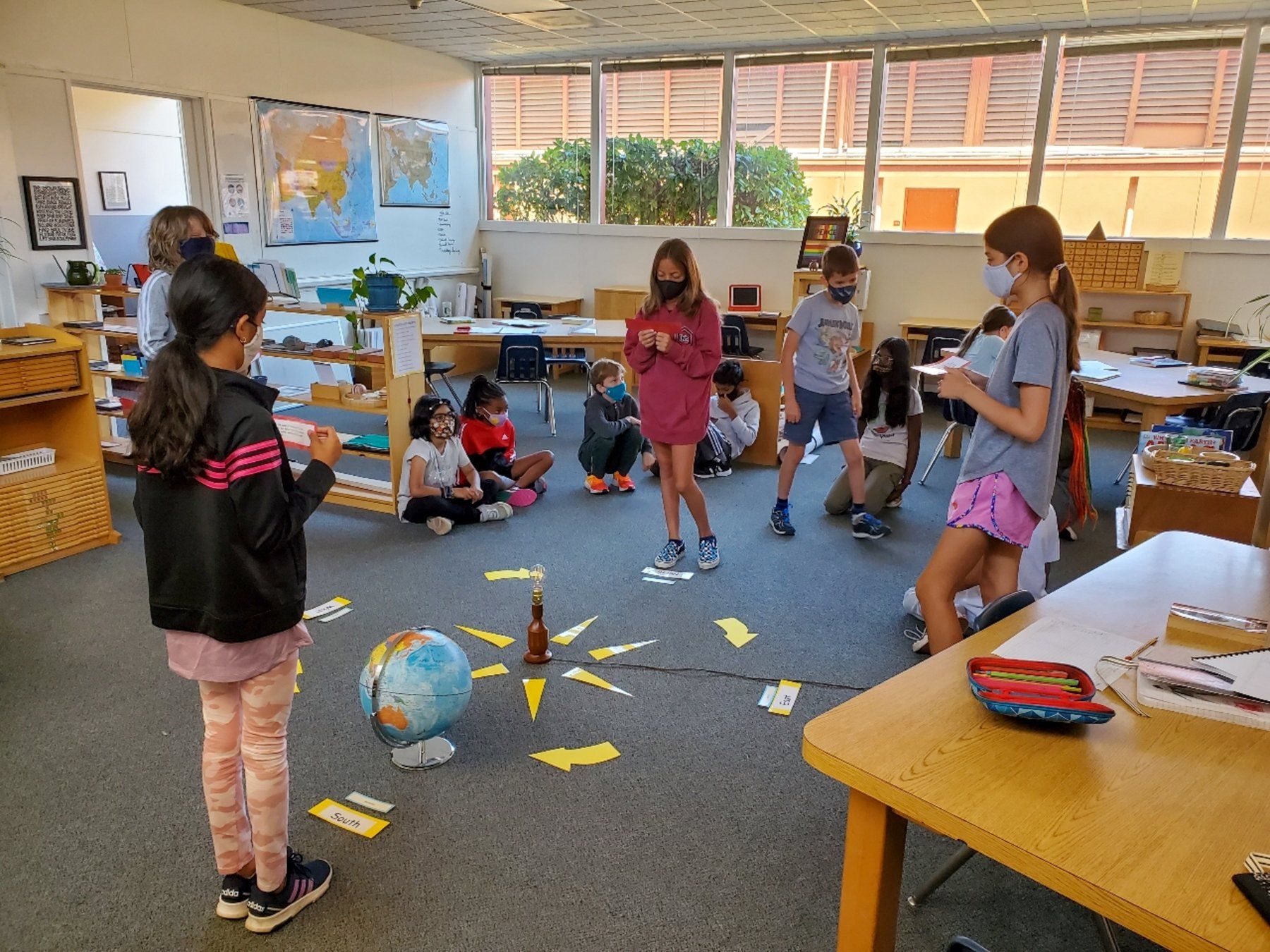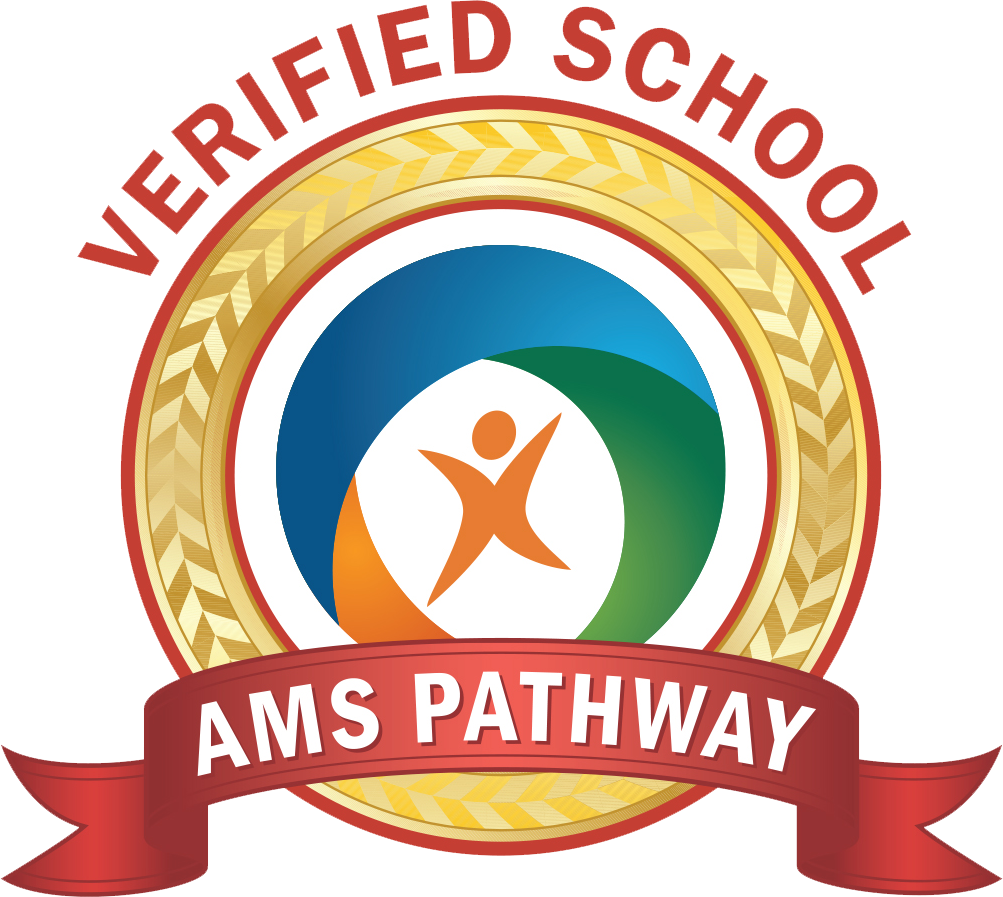
Montessori is a method of education as well as a general philosophy on human development. If we could summarize it into one sentence it might be something like this: A deep understanding of typical human development, coupled with careful observations of the individual and a meticulously prepared environment, can allow each human being the freedom to explore their world to the best of their ability.
Wouldn’t it be amazing if we could do that for everyone?
Casa di Mir Montessori School doesits very best to make this goal a reality for all who become a part of the community. Below are just a few of the variables we take into consideration.
Age
As you already know, our classrooms are multi-age. This may not be typical when compared to most conventional educational settings, but it’s very intentional and an integral part of what we do. We believe children of varied ages have much to offer one another, and having a span of a few years in one classroom allows for the blending and blurring of different abilities, so everyone always has a buddy to work with. Multi-age classrooms give children opportunities they wouldn’t have elsewhere, such as older models for the young children, and a chance for older kids to explore leadership roles.
Beyond the typical three year age span, we like to take every opportunity for children to interact between the levels. In the same way we see within the walls of a single classroom, the younger children at our school are able to look to the older children as models, and the oldest children have chances to lead in new ways.
Did you know that Montessori can be for adults as well? Some adults read about Montessori and learn to incorporate the principles into their own lives. Others go on to obtain Montessori teaching credentials or explore Montessori higher education. There have even been studies regarding the benefits of applying the Montessori approach to dementia care.
Gender
Montessori schools aim to honor children as they are. We acknowledge that society places certain expectations on children according to their gender, and that it can be a challenge for children whose identity does not conform according to these expectations.
At Casa di Mir, we work hard to eliminate expectations that do not serve the children, and to create a nurturing environment where all children feel supported and accepted.
Race
To fully educate a child, a school must acknowledge that child and family’s experience. We believe that “colorblindness” is harmful; race is an important part of a person’s identity and must be recognized. We want our students to be proud of who they are, and we also want to recognize the struggles that some face due to the color of their skin.
While people of color have known and felt these struggles for centuries, society as a whole is beginning to recognize their reality in recent years. There is still so much work ahead of us, but we are hopeful that we may be on the verge of a shift in cultural awareness.
In our classrooms, we do what we can to support this work. We include families of all backgrounds. We ensure there is literature in our classrooms that is representative not only of the children who are in the room, but of all types of people. As educators, we aim to keep learning, keep supporting, and keep moving forward.
Cultural Heritage
In Montessori classrooms, different cultures are something to be celebrated. We may not celebrate holidays in the same way many other schools do, but we do enjoy exploring different cultural celebrations from around the world. We believe that learning about each other’s unique traditions helps bring us closer together.
We encourage parents to come into our classrooms to share cultural traditions. This might be making latkes with the children for Hanukkah, creating a Nowruz table in the lobby for Persian New Year, or making clay lamps with students for Diwali.
Children love to learn about (and taste, and make) things from other cultures. If your family has something special to share, we encourage you to get in touch with your child’s guide and see if there’s a way to incorporate something into the school year! These experiences are enriching for everyone involved.
Different Abilities
By design, Montessori education is supportive of children with different abilities. The two most obvious examples of this are our multi-age classrooms and individually-paced learning. No two children are alike, and we believe teaching a single, rigid curriculum to a whole room full of children actually serves very few. Differentiation is a popular buzzword in education; we believe true differentiation is about individualizing the curriculum so that it meets the specific needs of each and every child.
Because Montessori honors the child as they are, and aims to guide them on their own path, it makes sense that it’s the perfect environment for many children with special needs. Some needs are more visible than others, but we believe that every child has the right to be a valued member of our community.

